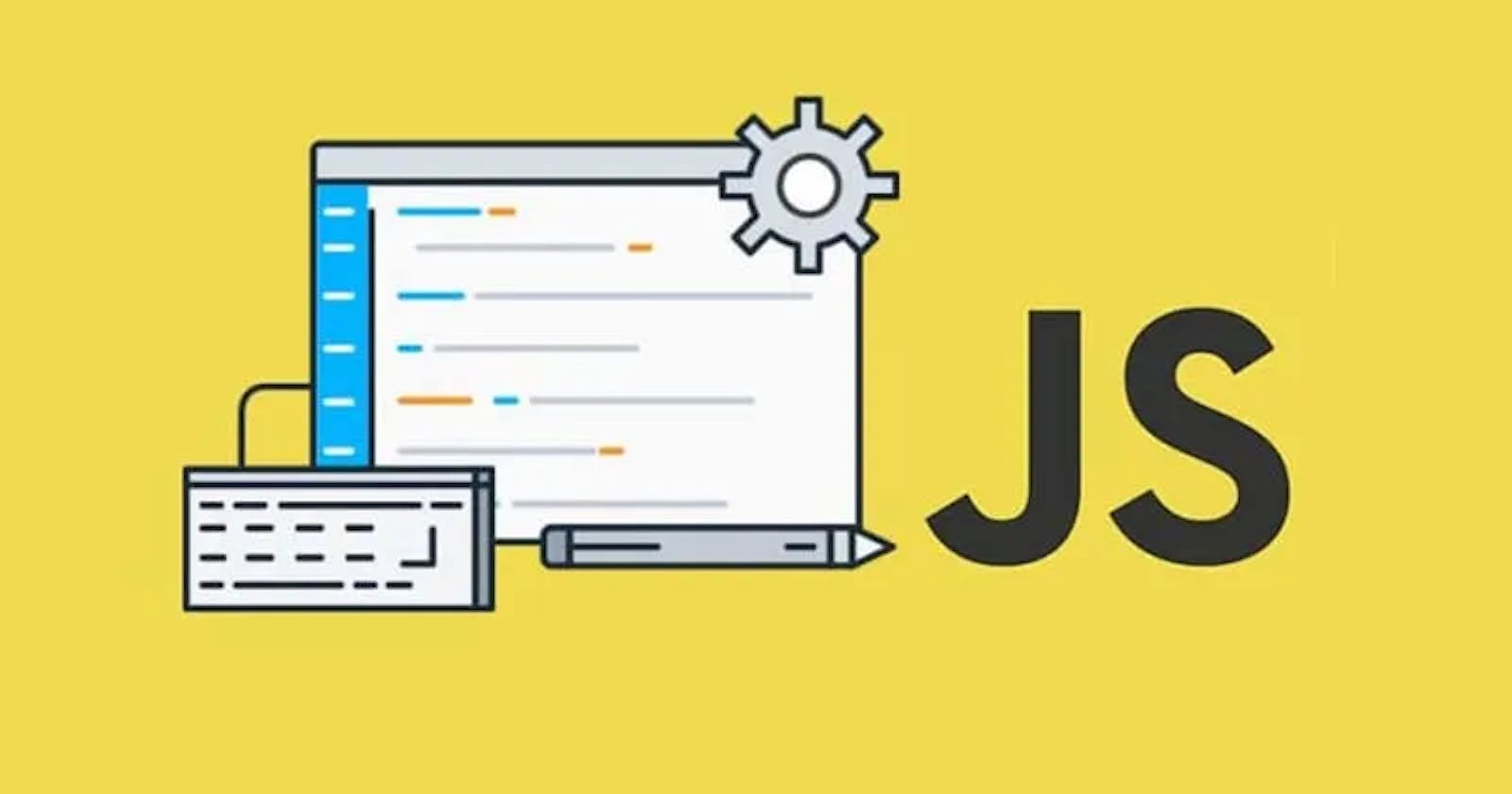Why JavaScript is confusing?, Learn it by knowing the difference
This is a tutorial to help Programmers to write JavaScript, if they are similar to c++, java, c#, etc.
JavaScript is a superstar those days with its friend typescript
They have a lot of libs and their community is really big, and this made it very useful as there are a lot of frameworks.
So you can create everything with JavaScript, mobile apps, desktop, web apps, even AI models, IoT, Backend and Frontend.
Those reasons maybe make you learn it.
Why it’s confusing for us?
really this has a lot to know, but mainly the big difference is the syntax, and some other functionality, I will cover all of them here.
Declaring a variable
In other languages you know there’s a primitive Data Types
like int,char,string,float,etc.
but JavaScript have something else to say about Declaring Variables
they called it dynamically typed, and that means JavaScript will auto-understand what is inside this variable, like Python.
let x=5;// int
let str='hi' // string with single quote
let Str="Hi" // string with double quote
There’s no char here the string can be one character as you want.
Other datatypes like boolean
let status=true;
let isWorking=false;
What is confusing in Declaring a variable
there’s an old-school keyword to declare a variable var This keyword make a confusion let’s see
{
// making a local scope with brackts
let x=6;
var y=5;
}
console.log(x);// undfinded
console.log(y);// 5
that’s happened because var is a globally-scoped variable
it’s seen everywhere
to fix something like that we use ‘use strict’ I will talk about it soon.
'use strict'
{
// making a local scope with brackts
let x=6;
var y=5;
}
console.log(x);// undfinded
console.log(y);// undfinded
Functions
declare a function is everywhere but here’s the difference
you can pass any type of value to the function
function foo(x,y){
return x+y;
}
foo("Hi"," Kro") //Hi Kro
foo(2,4) // 6
maybe you see that’s cool but in many cases isn’t cool cause it will make your function fall into bugs, you have to be careful when you deal with it.
The ==
really there’s another comparison operator is === yeah you see
the difference is really because the variable
as you know we can declare anything using let
so when we compare we may compare with different data types
let x=5;
let y="6";
(x==y)// true
(x===y)//false
the == operator is just to see if they are the same without begin aware if they are different data types or not
but the other one, === want the exact match in the look and the data type
Things to avoid
As we know JavaScript does not require a semicolon to end your statement
but it must sometimes,
Why?
really because JavaScript parser or engine ( similar to the compiler )
put a semicolon on every good ending expression
alert(5+
6
+2); // 13
As you can see here Js parser didn’t put a semicolon in this case, cause when he sees no good ending expression will ignore it.
for more tutorials about JavaScript
